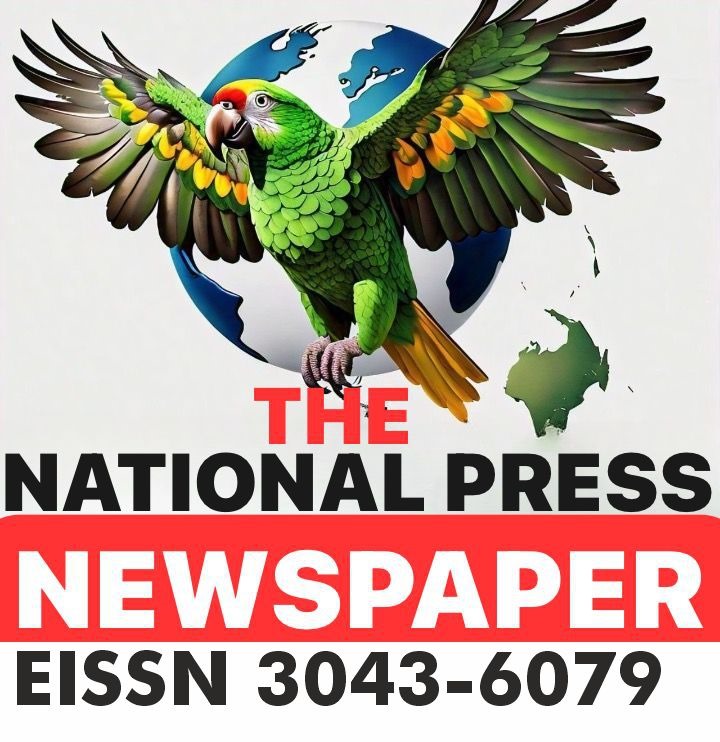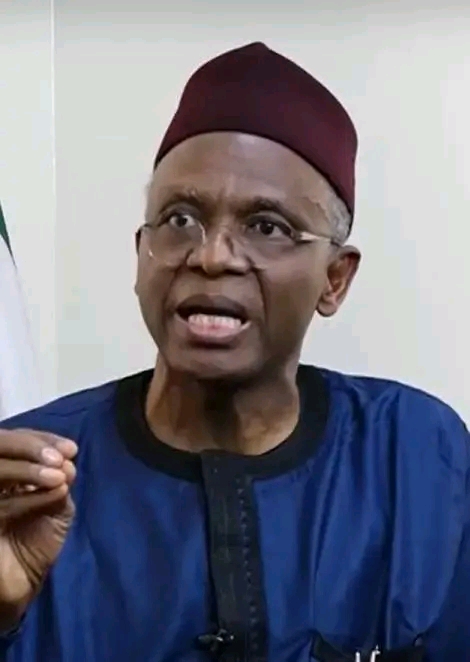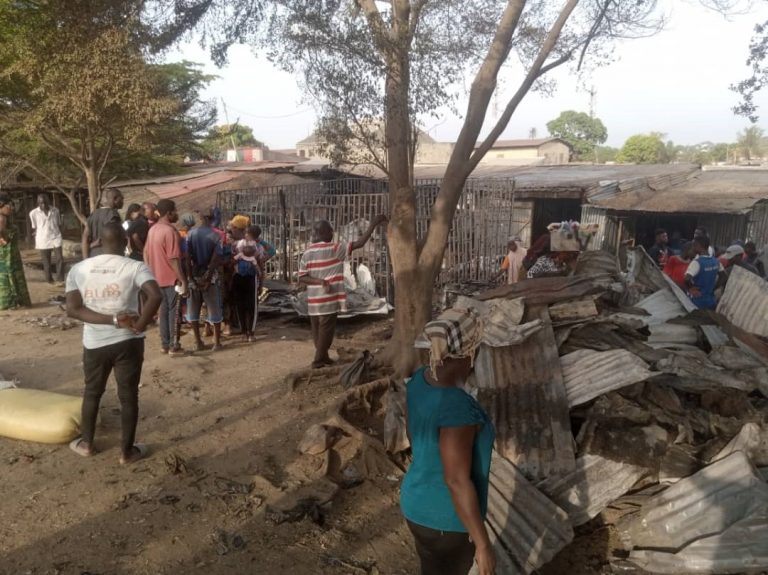Oil marketers under the auspices of the Petroleum Products Retail Outlets Owners Association of Nigeria (PETROAN) have advocated a holistic market where Nigeria-based refiners, importers, depot owners and retail outlets are given a level playing field to operate.
The oil marketers said they are more concerned about the availability and affordability of petroleum products in the country, whether through home refining or importation.
“PETROAN is very insistent on availability and affordability, and also much more than that is discipline, according to what the PIA (Petroleum Industry Act) says,” PETROAN President, Billy Gillis-Harry, said on Channels Television’s The Morning Brief programme on Tuesday.
“That’s why we will encourage that monopolistic tendencies of any kind should not be encouraged.
“Everybody should be allowed to play in the market. Even importation should not be a crime because it is not a crime, the PIA makes provision for that. But as patriotic Nigerians that we are, we encourage that let us pursue our internal market and grow our economy strong.”
‘No Fear Of Monopoly’
Gillis-Harry also said oil marketers don’t have any fears that the Dangote Refinery and other independent refiners in the country are moving towards monopoly as earlier alleged last November.
“We are not afraid that Dangote or any other refinery is moving towards monopoly as earlier suspected or thought about but we will continue to advise that let refiners refine, let depot owners keep soaring and let retail outlet owners keep retailing too. The whole value chain obligation to meet Nigerians’ needs,” he said.
The PETROAN boss said his members are loyal to all the refiners in the country including the Dangote Refinery and the Port Harcourt and Warri refineries managed by the Nigerian National Petroleum Company Limited.
The Port Harcourt Refinery is one of the state-owned plants which recently came back on stream.
Gillis-Harry said, “Our members are lifting from every possible source. Our loyalty is to every possible source where we can get petroleum products.
“Primarily, we have a long-term relationship with the NNPCL, that is one company an agreement has been entered into with for so many years, and we will continue to benefit the values of those agreements with our bulk purchase agreement, and the allocation of products.
“We also load from Dangote Refinery because that is a very credible source that we also lift petroleum products from. PETROAN has also entered into a business relationship – the Dangote-MRS-PETROAN relationship. So everywhere there is product to be bought, once our members complete the processes, they start lifting products immediately.”
Nigeria, Africa’s most populous nation, faces energy challenges, with all its state-owned refineries non-operational for decades until 2024. The country was heavily reliant on imported refined petroleum products, with the state-run NNPC being the major importer of the essential commodities.
Fuel queues are commonplace in the country. Prices of petrol more than quadrupled since the removal of subsidy in May 2023 by President Bola Tinubu, from around ₦200/litre to over ₦1000/litre, compounding the woes of the citizens who power their vehicles, and generating sets with petrol, no thanks to decades-long epileptic electricity supply.
Last December, Aliko Dangote, Africa’s leading industrialist, commenced operations at his $20bn facility sited in Lagos with 350,000 barrels a day. The refinery, which was initially bogged by regulatory battles, hopes to achieve its full capacity of 650,000 barrels per day by the end of the year. The refinery has begun the supply of diesel and aviation fuel to marketers in the country and now petrol.
Similarly, in 2024, the NNPCL said the Port Harcourt and Warri refineries have come back on stream and loading of petrol has resumed.





